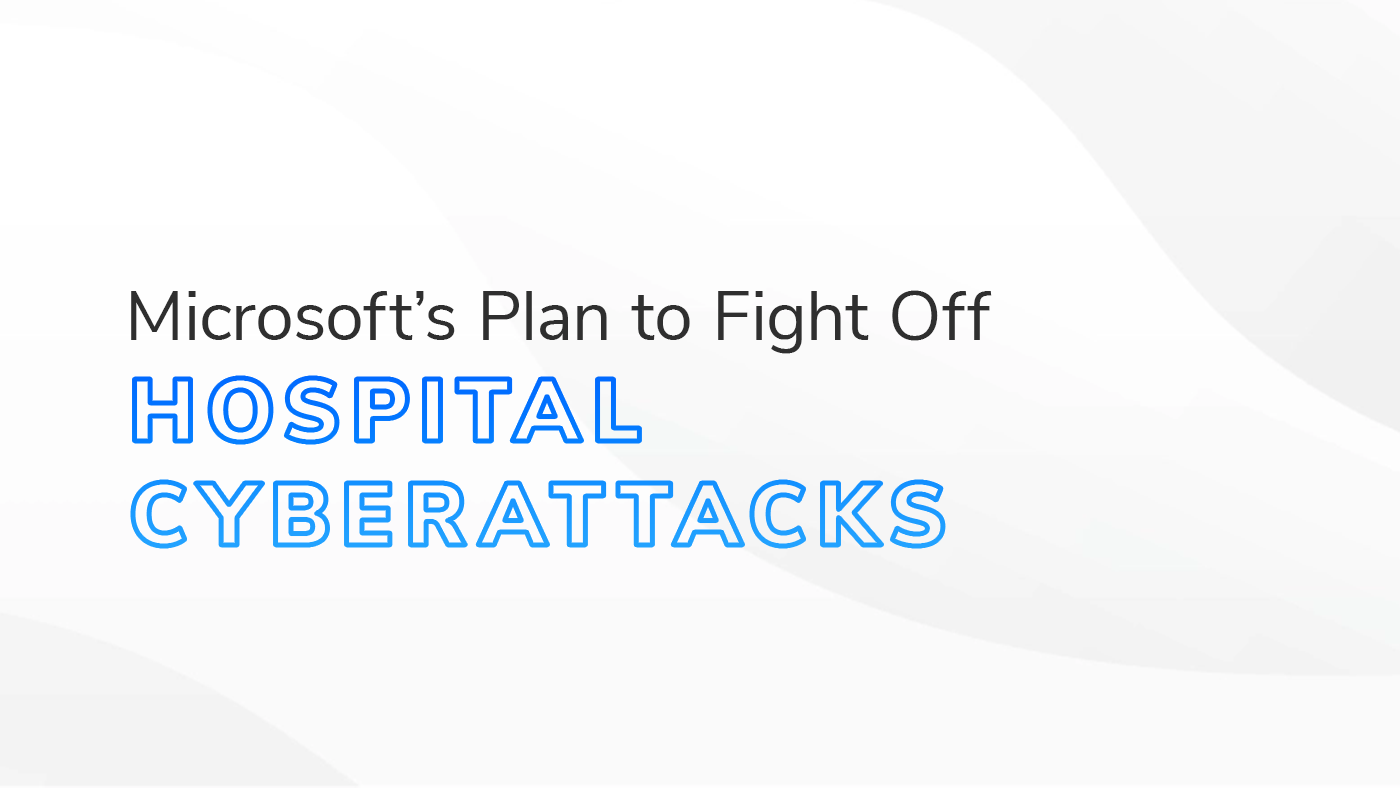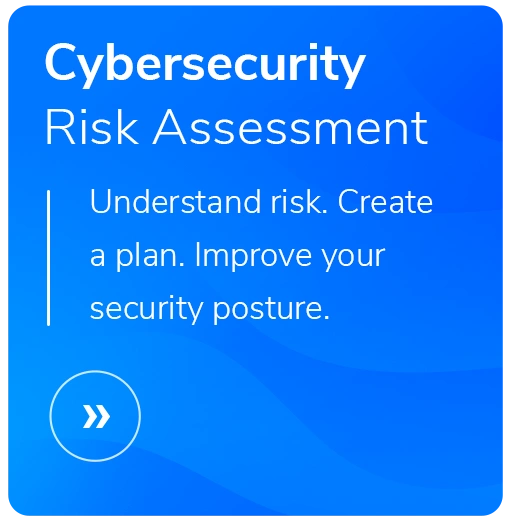How Microsoft Is Helping Rural Hospitals Combat Cyberattacks

Rural hospitals are facing an unprecedented wave of cyber threats. With limited resources and increasingly sophisticated attacks, these essential healthcare facilities are more vulnerable than ever before.
In 2023, the healthcare sector reported more ransomware attacks than any other critical infrastructure sector, a 130% increase year over year—and rural hospitals, in particular, have been primary targets of bad guys since many lack the necessary cybersecurity measures to fend them off.
Microsoft has told these bad guys to “Pick on someone your own size” with the announcement of the Microsoft Cybersecurity Program for Rural Hospitals. This program is designed to support the cybersecurity needs of rural hospitals as they battle against cyber threats by delivering free and low-cost technology services along with additional training and support.


Why Rural Hospitals Are Prime Targets for Cyberattacks
The healthcare sector has become a treasure trove for cybercriminals. These organizations store vast amounts of sensitive data, including patient records and financial information, which are highly valuable on the black market. In 2023, there were 258 known healthcare organization victims compared to 113 the previous year. Recent incidents highlight the severe impact of these attacks. A February cyberattack on UnitedHealth’s Change Healthcare unit caused widespread disruption, with 36% of respondents in an American Medical Association survey reporting claim payment suspensions and 32% unable to submit claims at all. This attack exposed how a “single point of failure” in the system could have cascading effects, crippling healthcare operations across the country. Similarly, a separate hack into Ascension’s healthcare network crippled multiple hospitals, forcing ambulances to divert and staff to take critical systems offline. These incidents—against national-sized organizations—underscore the dire need for rural hospitals, which do not have the same cybersecurity resources, to strengthen their defenses against similar attacks.
Microsoft Steps Up: New Initiatives for Rural Hospital Cyber Defense
Recognizing the urgent need for stronger defenses, Microsoft—along with Google—has launched critical initiatives for Independent Critical Access Hospitals and Rural Emergency Hospitals, aimed at better protecting them from cyber threats. Microsoft Cybersecurity Program for Rural Hospitals: This initiative—announced in June 2024—offers nonprofit pricing and discounts on its security products tailored specifically for smaller organizations, with discounts of up to 75%. Additionally, for larger rural hospitals already using eligible Microsoft solutions, the company is providing its most advanced security suite free of charge for one year. This also includes providing Windows 10 security updates at no additional cost for at least one year to participating rural hospitals. To support these efforts, Microsoft is offering free cybersecurity assessments through its trusted partners, helping hospitals identify risks and gaps in their current defenses. Microsoft is also offering complimentary cybersecurity training for staff in rural hospitals so they can better manage the day-to-day security of their systems. Google’s Commitment to Rural Healthcare: Google has also joined the fight, stepping up by offering free endpoint security consulting and establishing a funding pool to assist hospitals with software migration. Google is also launching a pilot program to help rural hospitals develop customized security solutions tailored to their specific infrastructure needs.Additional Tips for Rural Hospitals to Shore Up Their Cyber Defenses
While these initiatives are a significant step forward, there are additional measures rural hospitals can take to further secure their systems:- Regularly Update Systems: Ensure all software, including electronic health record (EHR) systems, is up to date with the latest security patches.
- Implement Multi-Factor Authentication (MFA): Protect sensitive systems with MFA to add an extra layer of defense against unauthorized access.
- Conduct Regular Cybersecurity Training: Staff should be trained to recognize phishing attempts and other common cyber threats. Regular drills can help reinforce this knowledge.
- Backup Data Frequently: Regularly backing up critical data ensures that hospitals can quickly recover in the event of a ransomware attack.
- Consider a Cybersecurity Partner: While Microsoft and Google provide powerful tools, rural hospitals may still need expert guidance to implement these solutions effectively. Partnering with a cybersecurity provider like HBS can take the heavy lifting off your internal teams, ensuring a comprehensive defense against cyber threats.







